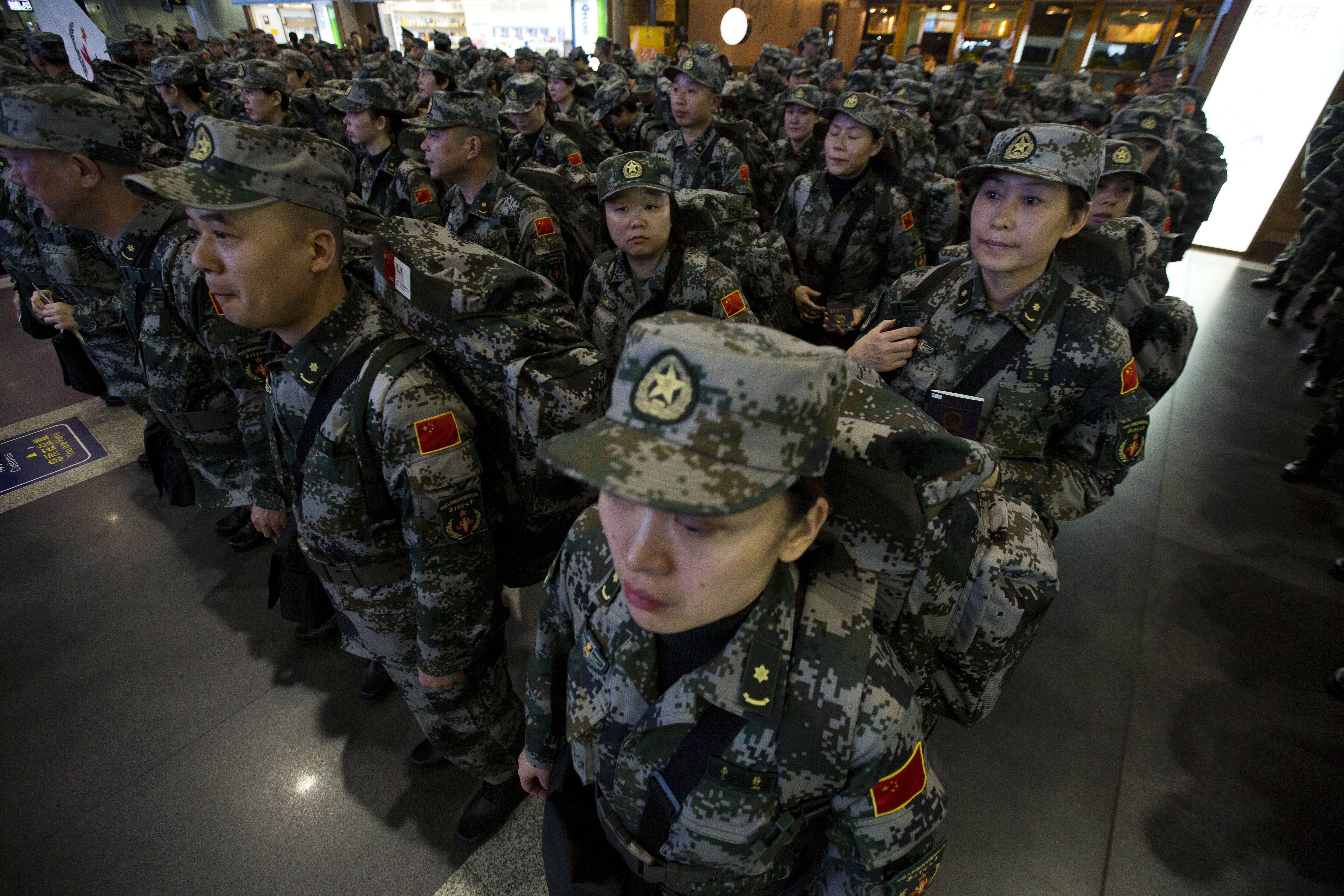To see China's evolving foreign policy, look to Africa, where a desire to protect economic investment is leading to a revision of the country's hands-off approach to the internal affairs of other nations.
Chinese President Xi Jinping is set to begin a five-day African visit on Tuesday in which he intends to showcase China's expanding role as a protector of regional security, as well as a provider of infrastructure and consumer of resources.
Beijing has pledged $100 million of military aid for the African Union, sent an infantry battalion to support peacekeeping efforts in South Sudan and deployed frigates to fight piracy off the Somali coast, leading the country to consider building its first overseas naval resupply station in Djibouti.
















With your current subscription plan you can comment on stories. However, before writing your first comment, please create a display name in the Profile section of your subscriber account page.